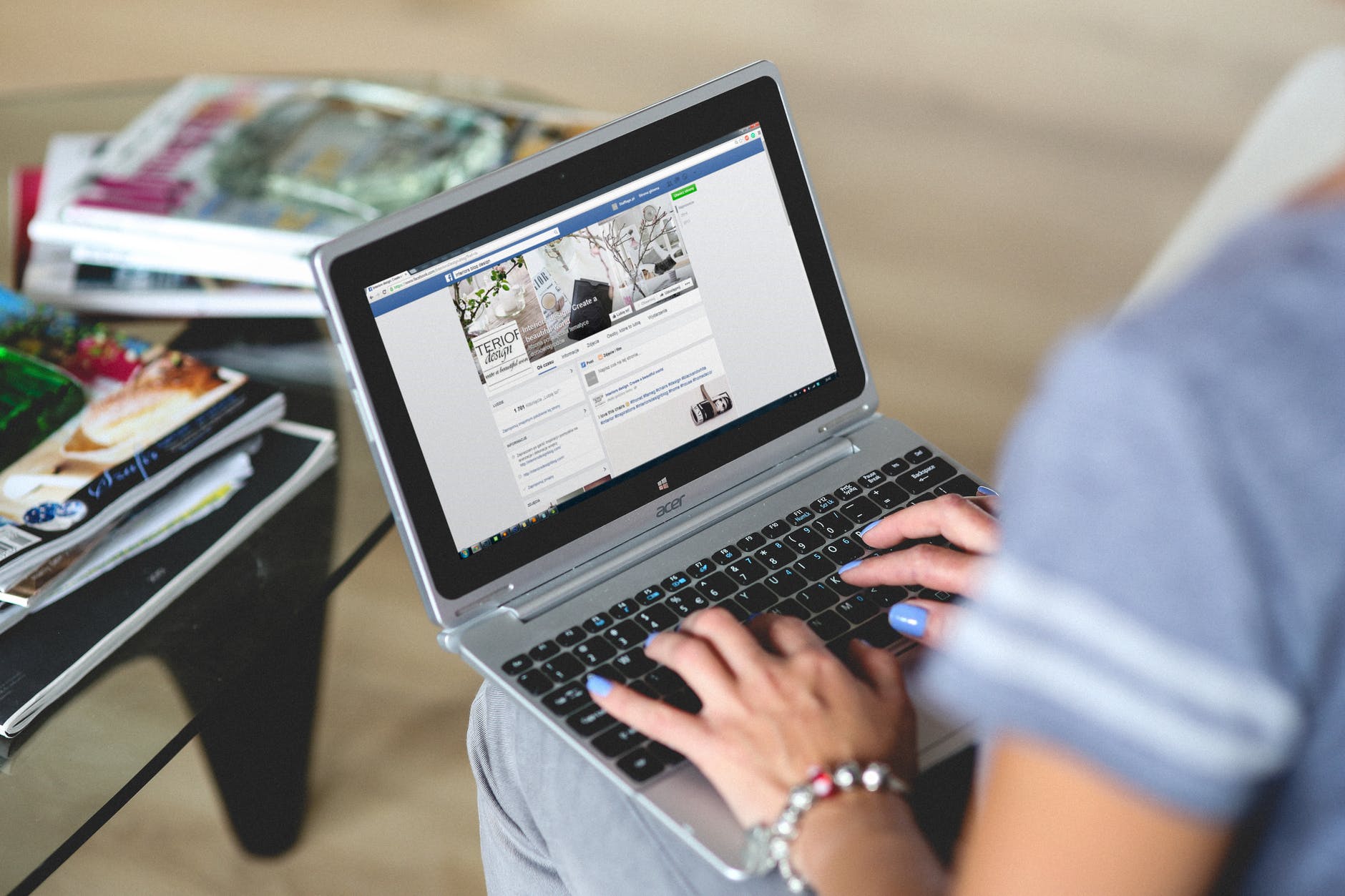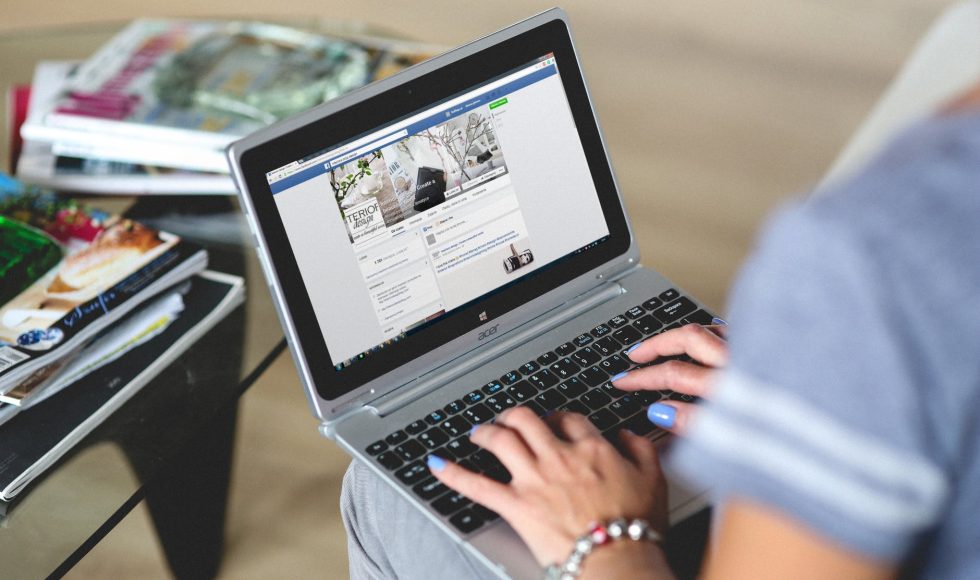Diana Daly and Cheryl Cuillier Casey presented at Open Ed 2021 on “Improving Learning Outcomes Through Open Pedagogy.” They met in 2020 through a Pressbooks project. Daly is an iSchool Assistant Professor and head of iVoices Lab. Casey is an Open Education Librarian. They both are at the University of Arizona. They shared their resources:
Resources (all are licensed CC BY):
- Google Slides: https://docs.google.com/presentation/d/1IVeXyHQOFKwDKO8ZpioVxOR51DqEb7y5/edit?usp=sharing&ouid=101033854505881603516&rtpof=true&sd=true
- Memorandum of Understanding for students: https://docs.google.com/document/d/1jWolOOWjeZ8RMiDDccyCCzcus2QTBzFb/edit?usp=sharing&ouid=101033854505881603516&rtpof=true&sd=true
- Student survey questions: https://docs.google.com/document/d/1TdjM-8UbgzWUja-JaJOW3-Vrqt_FlSD3/edit?usp=sharing&ouid=101033854505881603516&rtpof=true&sd=true
- Open Pedagogy Resources handout: https://docs.google.com/document/d/1x3YjMSJAmqOgFeAhpyvlzgsXd-ksffhs/edit?usp=sharing&ouid=101033854505881603516&rtpof=true&sd=true
Daly mentioned the iVoices program “makes funds of knowledge part of what is taught in class.” Daly already had a ten-chapter textbook. The first part of the funding was used to create media and migrate the book to Pressbooks. The media lab projects include instructions as video, text, and workshops. Daly mentioned students were provided extra credit for sharing music that could be used. A memorandum of understanding (MOU) was used by Daly, and in the fall of 2020 82 students contributed work under CC BY. The grading team did not know about individual licensing decisions until after grades were submitted. I have to do a better job with this aspect and how to share information with students. In 2021, Daly offered de-identification, and over 50% of participants selected this. However, Daly mentioned that this was time-consuming to edit products to remove identification. While time-consuming, Daly will continue the practice of offering de-identification.
The publish phase included organizing content for sharing through a podcast and the website. The stories are personal and thought-provoking. Student content was added to the book and glossary. The student videos clips that Daly shared were really well produced. As a researcher, Daly is studying the content produced by students and their interactions with social media.
Casey analyzed the learning outcomes through anonymous surveys and quantitative and qualitative analyses. Students valued the use of open pedagogy practices used in the course. Between semesters, Daly improved the resources by adding more software options and instructions in additional formats. Themes were analyzed in the software Dedoose to identify themes. While responses to open education were generally positive, the negative comments revolved around technical challenges. Daly acknowledged the institutional support and collaboration with librarians. The paid team of student helpers sounds amazing! Both Casey and Daly acknowledged support from the Pressbooks team. During the question and answer discussion, Daly mentioned that students work on a single chapter on Pressbooks with their names to create their projects. They also created a collection of audio tracks for students to use! Wow! What an example of collaboration between media creators, librarians, and instructors to empower students to create!



